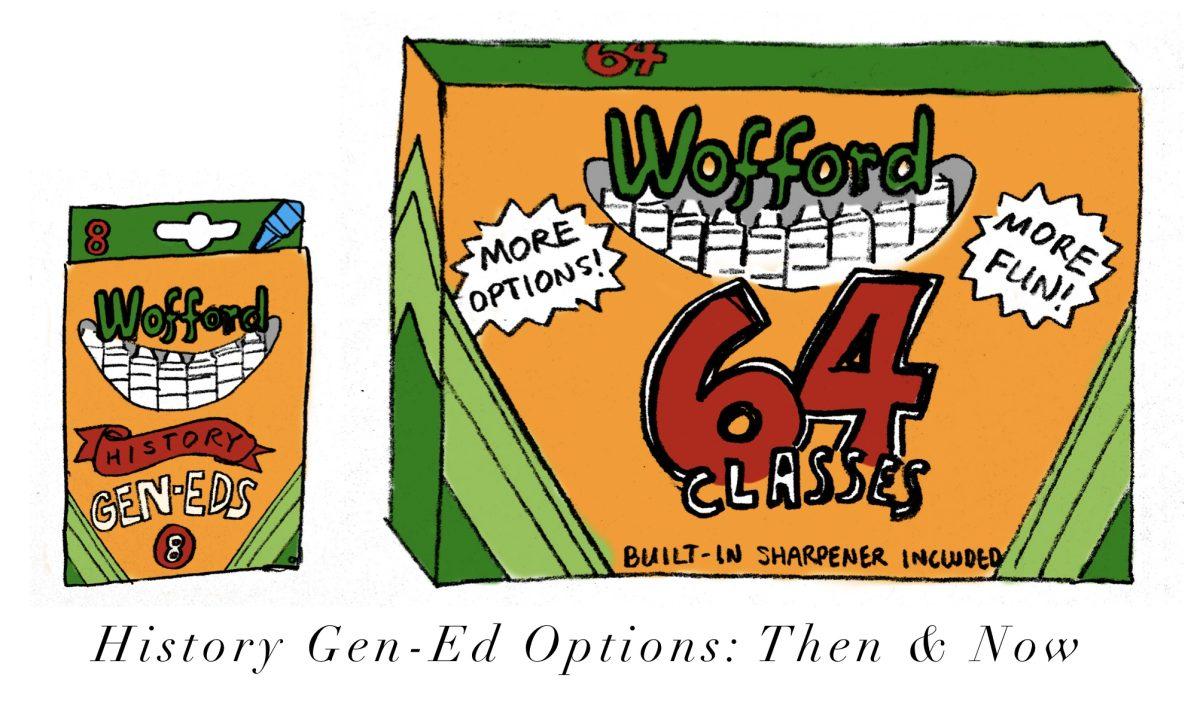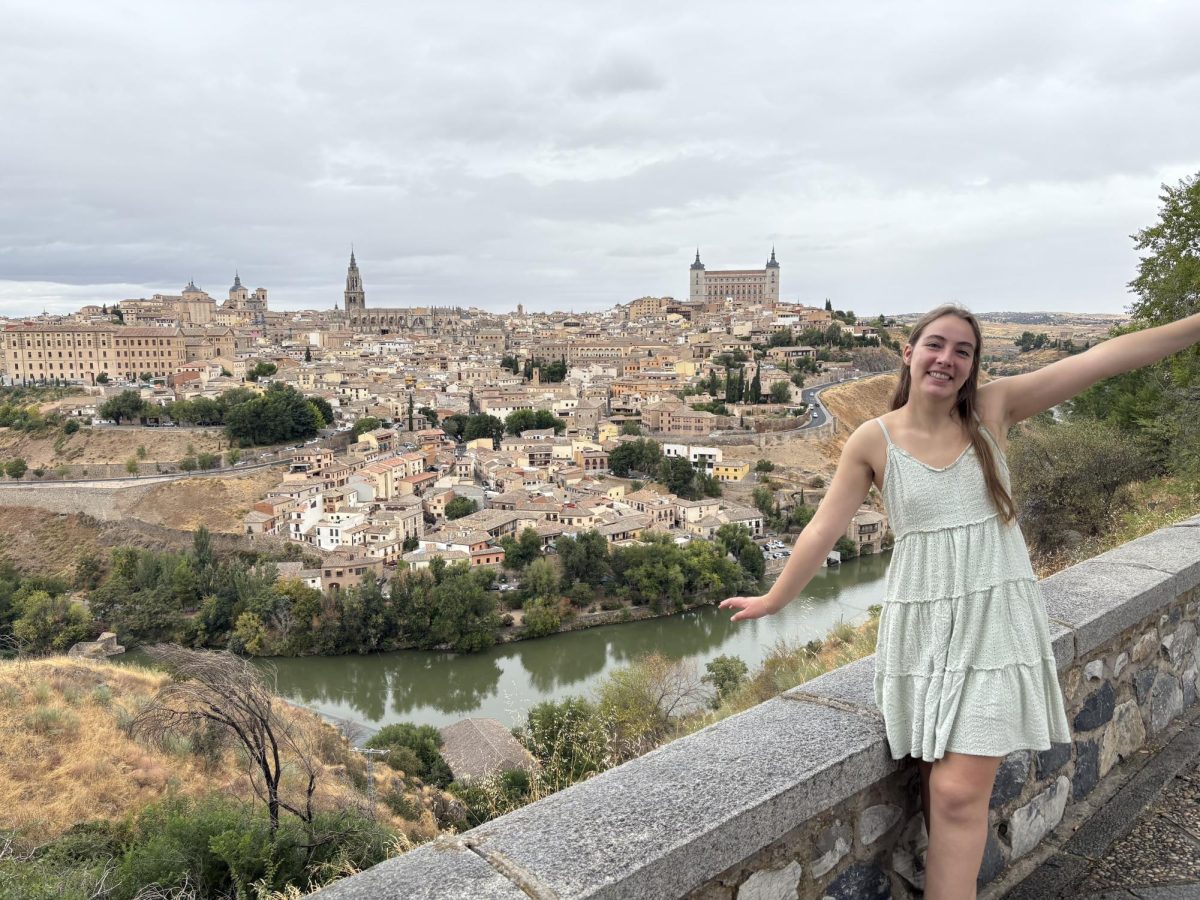In the past, the history general education requirement was limited to 100, 101 and 102 level courses, which restricted students to classes in Medieval and Western Civilizations studies. Though the teaching of Western Civilization helps students to better understand the foundation of American society, it also may contribute to students adopting a homogenous view of history as they are not exposed to the history of other civilizations.
To rectify this, the class of 2023 has been adopted into the new history general education curriculum, which permits students to satisfy the requirement with any 100-level class. This allows students to take classes in American History, History of the Modern Middle East or Middle Asia, History of the People of Sub-Saharan Africa and Colonial or Modern Latin American History.
The amendment to the general education requirement was made to provide students with more class options and to allow students to learn about the history of different regions and cultures.
According to the article “An Education for the Stewardship of the Global Commons:” “In a world changed utterly by the declining of the nation state; transitional flows of capital, objects, peoples, languages, and labor; and the rise of undreamt of forms of instantaneous communication, the urgency of preparing students to negotiate such complexity and to engage in its [global] stewardship cannot be overestimated.” Therefore, the implications for expanding the courses that satisfy the history general education requirements include the ability to learn from other cultures, the cultivation of a deeper sense of shared humanity, and preparation of students to engage in the global community.
Dr. Mark Byrnes, chair of the History Department, stated “all of us are born in a historical moment” and explained that an objective of the history general education courses is to enable students to “understand, analyze, and explain change and continuity over a significant length of time” so that students have the ability to learn from past history and understand that they are creating history in the present.































